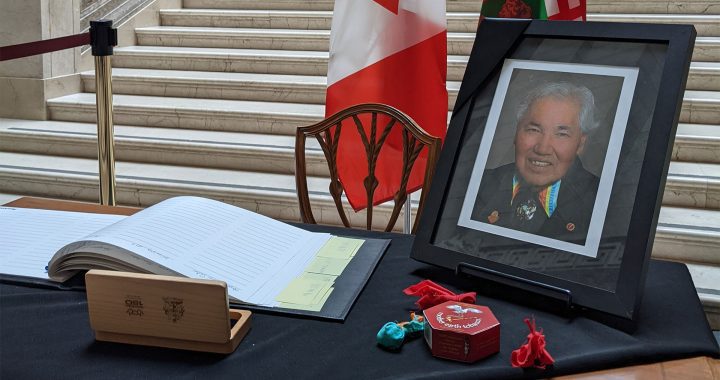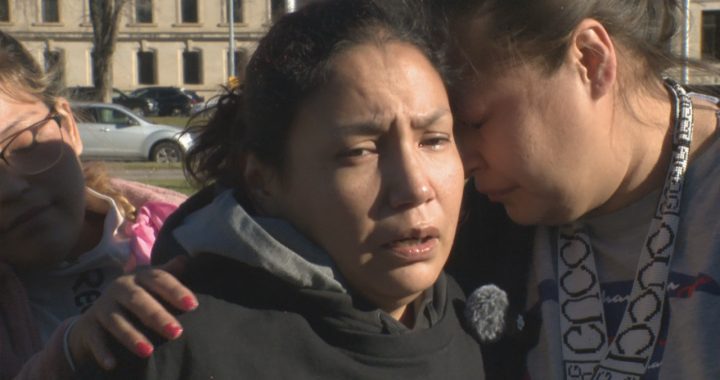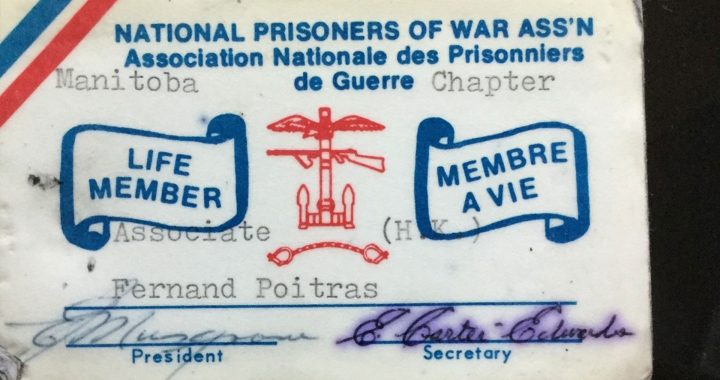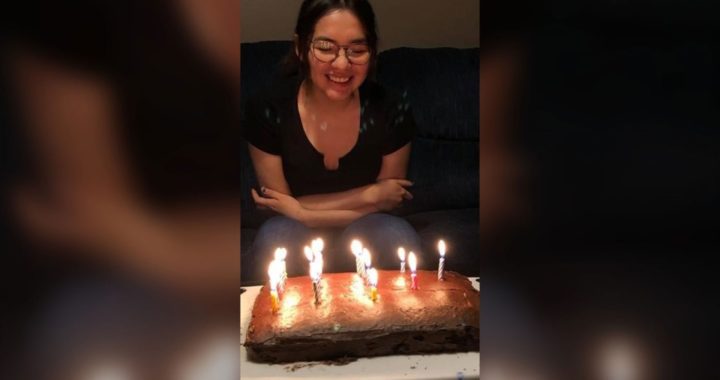Lindsay Richardson
APTN National News
A First Nation former employee of Corrections Canada is speaking out about issues at the Quebec Institution where she worked.
Dominique Launière — a Maliseet-Wendat woman — alleges that jobs and services are being lost to self-declared Indigenous peoples.
Some of them, she says, are imposters.
“The CSC has a mandate to rehabilitate the inmates, and if they encourage the inmates to lie – it doesn’t rehabilitate at all,” Launière explained. “They encourage themselves to continue to be dishonest.”
Launière left her Huron-Wendat community of Wendake when she was offered a nine month contract working with Indigenous prisoners at Archambault Institution, a minimum to medium security facility located in Sainte-Anne-des-Plaines, Que., about 40 km northeast of Montreal.
She says she was told contract work would fast-track her transition to a permanent job, open only to Indigenous applicants.
However, Launière butted heads with management when they refused to allow low-risk inmates their legal right to visit their communities prior to release.
“When I clearly exposed my intention of helping the Aboriginal inmates and asked for the measures that are put in place for them, I was excluded from the communications, from the transfer of information,” she said.
Launière says that despite her qualifications, previous work experience, and high test scores, in the end higher-ups did not renew her contract.
“I was trying to do that, to allow [inmates] to have a fair treatment, and get a real reconciliation between the CSC and the Aboriginal inmates, and they wouldn’t allow me. They would block me and forbid me to do it,” she explained.
After being turned down, Launière blew the whistle on management of the prison’s Aboriginal Initiatives Division, alleging that staff has a history of declaring to be Indigenous in order to move up the ranks professionally.
Launière says self-declaration is a problem commonly noted among inmates. But a shortage of permanent positions within the Corrections Services – or any public service, according to Launiere – may be inspiring some to make false claims.
“They self-declare as nations – and sometimes they switch. At first they’re going to say ‘I’m Mohawk’ and then ‘oh no, I’m Algonquin,’ oh no then I’m something else,” she said. “It’s from 9 a.m. – 5 p.m., 8 a.m. – 4 p.m., and after that when they get released, they’re not Aboriginal anymore.”
Indigeneity claims, according to a disclaimer on the Federal Government’s Affirmation of Aboriginal Affiliation Form, are only investigated or substantiated if there’s suspicion of fraud.
Meanwhile, self-declaration by internal applicants keeps qualified people away from jobs requiring cultural sensitivity, Launière says, and also keeps nearly 200 Indigenous inmates from accessing crucial services.
‘I’ve seen that – an inmate that would at first be self-declared Aboriginal, then say ‘no I’m not Aboriginal anymore,’ and then because the hearing was coming and he wanted an Aboriginal hearing they would say ‘can I self-declare myself again Aboriginal?’” Launière said.
AFN regional chief Ghislain Picard says the scope of the issue extends beyond Quebec’s institutions, and may eventually require an objective federal review.
“What we hear from Corrections Services Canada is that they don’t do any verifications. You know, someone goes into the prison system, claims to be Indigenous from whatever nation, and they’re accepted as such,” Picard said. “I think there definitely needs to be a review of how this is done within the corrections system.
“It’s totally inappropriate, and more than that it’s really fraud. It’s fraudulent to be claiming to be someone that you’re not,” he added.
Correctional Services Canada did not return APTN’s request for comment before deadline.
The Public Service Commission (PSC) investigates whether an appointment within a Federal department is made on the basis of merit, or whether there was an error, omission, improper conduct, political influence or fraud.
In a written statement, the PSC says they’ve received 10 allegations from various locations across Canada regarding the provision of false or misleading information on the Aboriginal Affiliation Form.
So far, Launière has filed three complaints – including one with the Canadian Human Rights Commission – alleging discrimination and harassment, among others.
“It doesn’t make sense, because there’s a real lack of employees that are sensitive and have an efficiency to work and do their job,” Launière said,
“They don’t want First Nation employees to work for them. They don’t,” she added.
[email protected]
@sentimtl










I am going through the same process with CSC and an Indigenous employee. I would like to talk to this lady please.